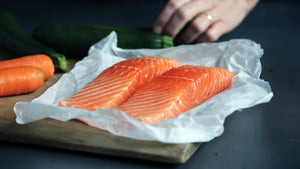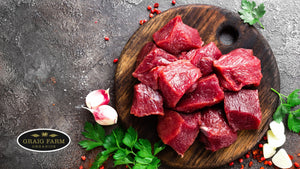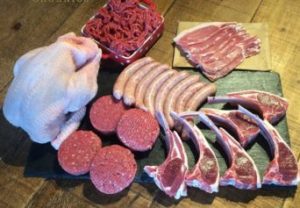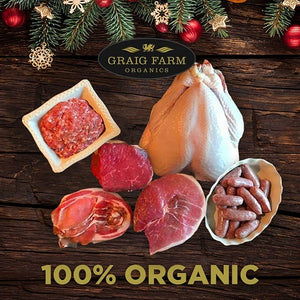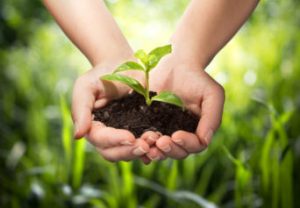Non-Organic Farming: A Handy Guide

If you’re unsure about traditional farming and how it differs from organic practices – don’t worry, you’re not alone. There are many similarities between organic and non-organic farming methods, but there are some fundamental differences such as pest management, use of chemicals and animal welfare.
Here’s a handy guide to help you understand the two types of farming.
Pest control
Traditional farming employs the use of chemical pesticides and herbicides to control pests. This means that produce is sprayed with a cocktail of chemicals, traces of which can remain on the food we eat. These pesticides can pollute water supplies and kill other wildlife, which is extremely damaging to our planet.
Organic farming encourages natural predators and relies on natural methods of pest management so produce isn’t laced with chemicals.
Growth and productivity
Chemical fertilisers are used to enhance plant growth in non-organic farming, which can erode the soil and contaminate surrounding water supplies. This isn’t a sustainable practice for food production or the environment, which is why chemical fertilisers are prohibited in organic farming.
Traditional farming also uses GMOs to make produce more resilient to pesticides and weather, but their long-term effects are unknown. More than 1 million tonnes of GM crops are imported every year to feed animals on non-organic farms, and many people are concerned about the contents of the produce they’re buying.
GMOs are banned in organic farming, which relies on crop rotation and increased biodiversity to preserve our planet’s land and ecosystems.
Animal welfare
Animals on many non-organic farms are not free range and are forced to live in appalling conditions. They’re also fed poor quality food, injected with growth hormones and given antibiotics. This is a huge cause for concern as we don’t know exactly what’s going into our food and how it affects us in the long-run.
On the other hand, organic farms have strict standards of animal welfare to give livestock a high quality of life. Organic farmers must ensure animals have access to the outdoors and are given organic feed to provide healthier meat for customers.
Environment
Farming is an intensive process and requires a lot of resources. The use of chemicals in non-organic farming practices causes pollution and contamination to soil and water, as well as harming wildlife populations.
Organic farming strives to be more sustainable by encouraging biodiversity, supporting wildlife and avoiding harmful chemicals. Organic farms can also offset some greenhouse gas emissions because high levels of CO2 are retained in organically farmed soil.
Summary
In short, organic farming relies on natural methods to avoid harmful effects on humans, animals and the environment. This industry is dedicated to being sustainable for our planet and more transparent so people can trust what they’re buying.
Are you ready to go organic? Shop for award-winning produce here.
- Tags: Organic Farming
- Graig Farm
